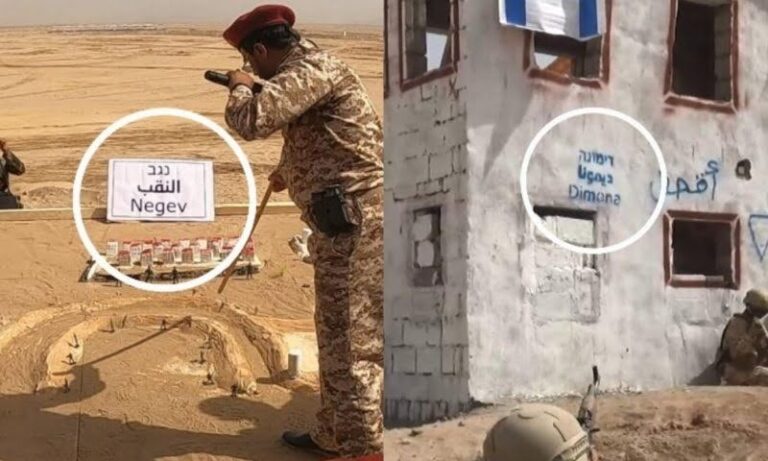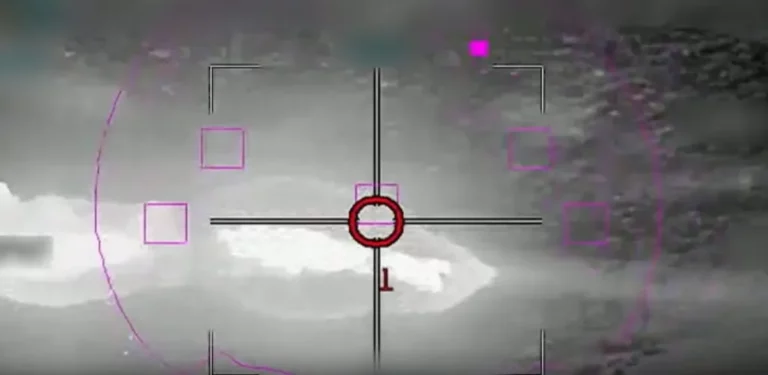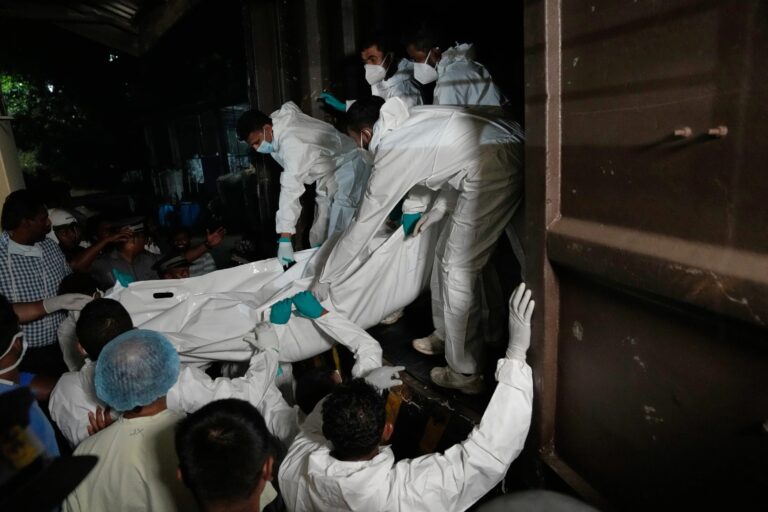by Rabbi Yair Hoffman for 5TJT.com
It is now the month of Elul – the time when we ask mechila for what we may have done to others. But is it always effective?
THE CASE IN POINT
The young girl must certainly have been pretty devastated. “Stacey” had misbehaved in class. Nothing excessive, but enough to get the teacher a bit upset. The teacher thundered at the fifth grader, “Now I know why they call you ‘Chaya’ – because you are a vildachaya – a wild animal!”
From that point on, the young girl decided to stop using her Hebrew name. Well into adulthood she went by her English name “Stacey.” Indeed, she kept the English moniker as she developed into a master teacher herself with a sterling reputation.
So what is the halachic question?
DOES AN APOLOGY TO A CHILD COUNT?
What would the halacha have been if that teacher had apologized to the young lady? At the time of the incident, “Stacey” was in the fifth grade – a ten year old child. Does an apology made to a minor count? Or is there a requirement to wait until the student’s Bar or Bas Mitzvah?
FINANCIAL ISSUES
In regard to financial issues, the Shulchan Aruch (Choshain Mishpat 235:3) clearly indicates that a minor child’s forgiveness is ineffective. This is based upon the Gemorah in Bava Metziah (22b). If the minor’s forgiveness is ineffective for financial issues, it stands to reason that it would likewise be ineffective for matters of an emotional nature, or for Mitzvos that are bain adam l’chaveiro. Therefore, the teacher’s apology would have to be repeated at the age of the child’s Bas Mitzvah.
VIEW OF RAV LORBERBAUM
Rav Yaakov Lorberbaum zt”l (1760-1832), in his Nesivos HaMishpat (235:1 in the biurim section in the back), indicates that forgiveness by a minor on monetary matters is, in fact, effective. However, it very well could be that an exception was made in the halachos of this case in order to do business with them. Thus, it would perhaps not apply to cases of emotional harm, even according to the Nesivos. If this supposition were correct, the conclusion would again be that the teacher would need to apologize once again when the child reaches adulthood.
RAV SHMUEL KAMENETSKY SHLITA
In the Yomim Noraim edition of Kovetz Hilchos Piskei Rav Shmuel Kamenetsky, by Reb Doniel Asher Kleinman, Rav Shmuel’s view is cited that the child’s mechila does not count. However, Rav Shmuel states that there are two reasons why the teacher must ask again. The first reason is for the person’s own atonement. When one needs to ask someone’s forgiveness the request involves a form of personal embarrassment which achieves a form of atonement. The second reason is so that the child have a form of closure and that there be an atmosphere of peace between them. Nonetheless, the teacher must ask mechila when the child becomes a bar or bas Mitzvah.
RAV ELYASHIV’S VIEW
Similarly, Rav Elyashiv zt”l is cited in Ashrei HaIsh Vol. III (20:4) that the forgiveness of the child is ineffective. Nonetheless, he states that the person should ask forgiveness at the time (on account of the custom to do so), and later ask again when the child reaches the age of majority.
A well known story is told about Rav Elyashiv’s mechutan, the Steipler Gaon. Apparently, the Steipler had inadvertently embarrassed a child in the Lederman Shul in Bnei Brak. On the occasion of the child’s Bar Mitzvah, the Steipler attended and asked mechila of the young man.
RAV NISSIM KARELITZ’S VIEW
In contrast to the views cited above, Rav Nissim Karelitz (Nephew of the Chazon Ish born 1926) zt”l writes in his Chut Shaini (Mili DeNezikin and Yom Kippur p.101) that if a minor child grants forgiveness it is considered effective. [This is also one of the opinions cited in Tosfos Kesuvos (107a).] Rav Kareliz further writes that the mechila serves to remove the hakpada from the heart of the child and that it is also an appropriate penance – a “teshuvas haMishkal” for what the perpetrator had done.
As an interesting aside, Rav Karelitz’s own daughter, Rebbitzen Rosenberg a”h, once came home in tears after someone had insulted her to the point of crying. Rav Karelitz empathized with her greatly, and took a siddur and asked her to sit next to him. He opened up to the Tefilah of Elokai Netzor at the end of Shmoneh Esreh and explained to his daughter the phrase, “venafshi k’afar lekol tihiyeh- and my soul should be as dust to anyone.” He explained that we make this request of Hashem that nothing that anyone says to us should upset us. His daughter aleha hashalom explained that she kept that explanation dear to her heart forever afterward and it assisted her in never getting upset by anyone’s words.
CONCLUSION OF THE STORY
So what was the final conclusion of the story of our young lady? Apparently, one of her colleagues had heard the reason of her fellow teacher’s animadversion toward using her Hebrew name. The colleague, herself a wonderful and dynamic teacher, explained to ‘Stacey’:
“On the contrary, your name shows that you are filled with vigor and life, you are animated and dynamic! It is a very beautiful and fitting name! You should certainly use it!”
Since the encounter with the second teacher – it seems that “Stacey” now goes once again by the name, “Chaya.”
What lesson can we learn from all this? One lesson is that we should be ever careful never to embarrass anyone. Shaming a child can have long-lasting effects. It can also severely damage the relationship between a child and a parent or teacher. The devastating effects of our actions can have repercussions that last decades.
A second lesson, however, is that it is never too late. A positive statement and observation – even decades after a scarring event – can be remarkably healing. The power of words, both negative and positive, are truly remarkable.
The author can be reached at [email protected]











